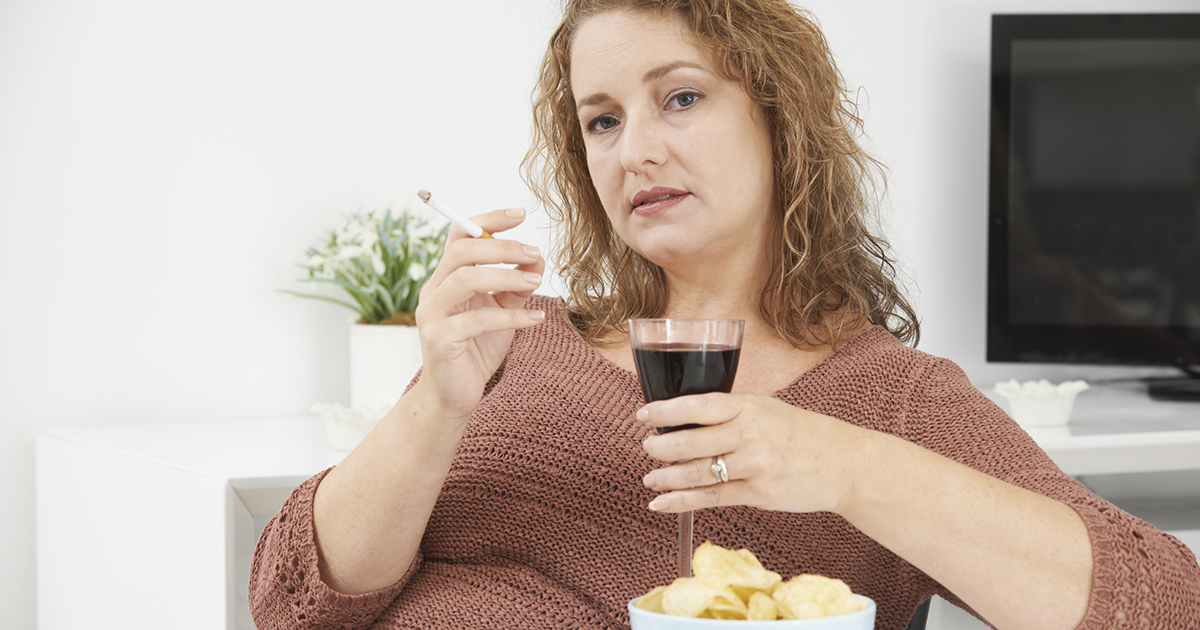Key Facts To Understand And Cope With A Miscarriage
Cause: Lifestyle

Although most miscarriages are not caused by something either partner has done, some behavioral factors can increase the risk of miscarriage. Smoking, recreational drug use, and alcohol abuse all negatively affect health, which can increase the risk of miscarriage. Taking certain prescription or over-the-counter medications can also impair a woman's ability to maintain a pregnancy. As a result, experts recommend that women review their medications with a doctor when trying to get pregnant. In addition, certain foods, such as unpasteurized dairy products and raw or undercooked meats and eggs, can lead to food poisoning; this poses a risk to the fetus. Excessive caffeine intake and exposure to radiation or toxic substances have also been linked to miscarriage.
Chances Of Having A Miscarriage

For most women of childbearing age, the chances of having a miscarriage range from ten to twenty-five percent. However, for most healthy women, the average is about a fifteen to twenty percent chance. A woman’s age can affect the risk of miscarriage. Women under the age of thirty-five have about a fifteen percent chance of miscarrying whereas those between the ages of thirty-five to forty-five have a twenty to thirty-five percent chance. Once women reach the age of forty-five, their chances of miscarrying can be as high as fifty percent. This number varies based on other factors, such as overall health and whether it is the woman's first pregnancy. A woman who has previously miscarried has a twenty-five percent chance of having another miscarriage, which is only slightly higher than the risk of someone who has not miscarried before.
